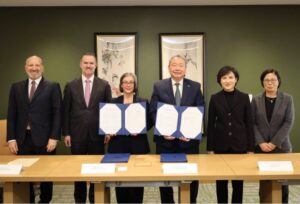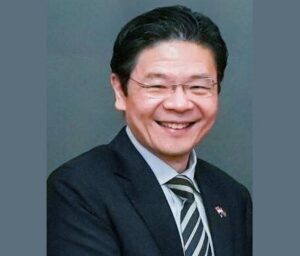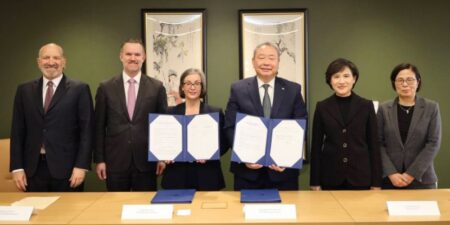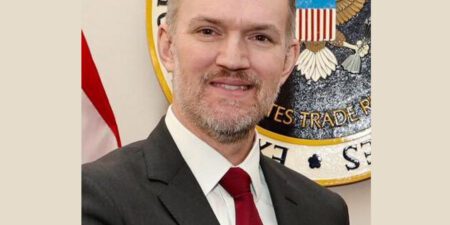
Bangladesh’s Interim Government Advances Several Key Reforms
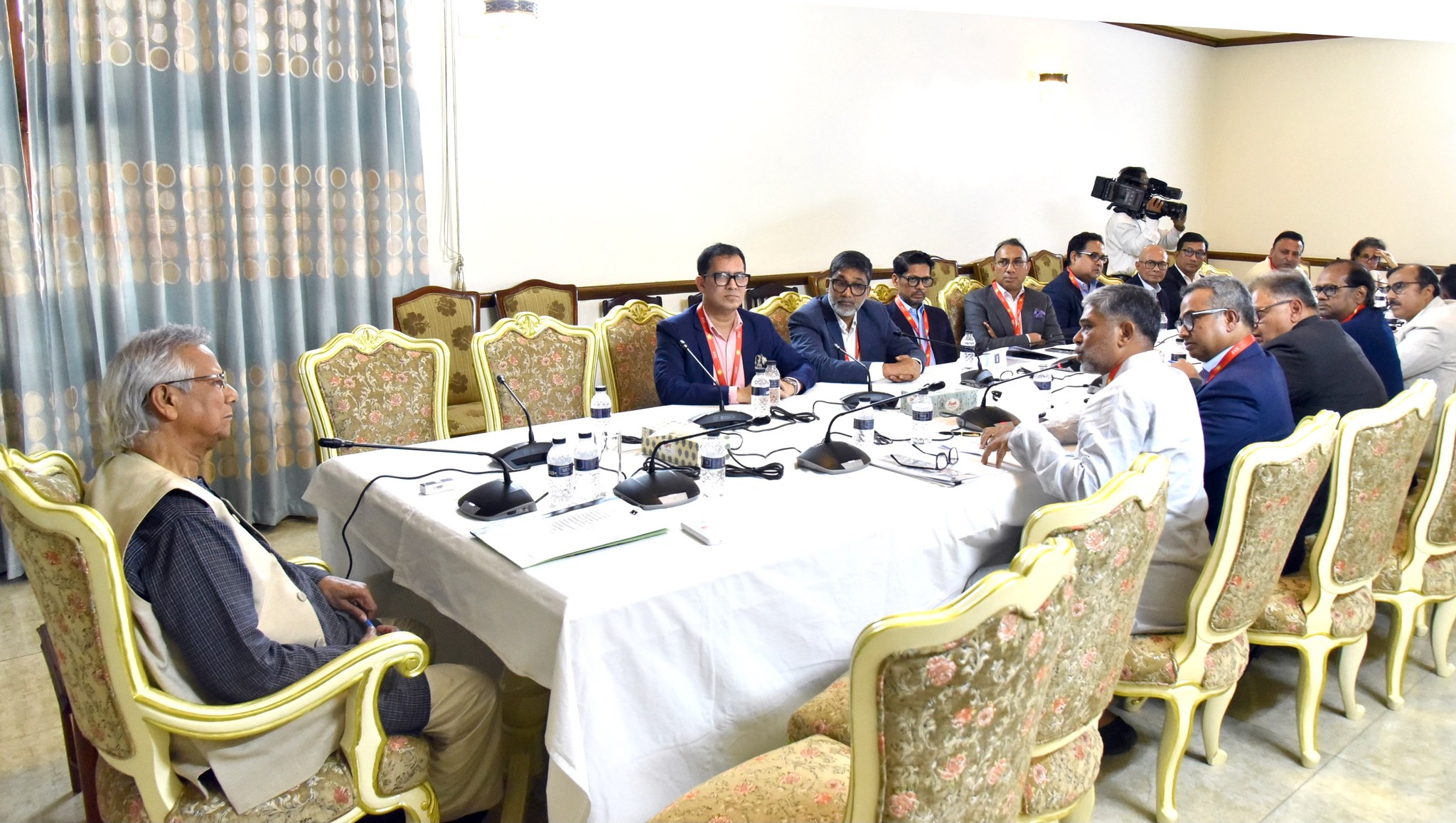
BowerGroupAsia wrote an update to clients on new reforms of Bangladesh’s new interim government.
Context
- The interim government of Bangladesh is still struggling to address the impact of massive politicization, patronage, corruption and mismanagement left by the previous government. The police are back on duty but suffer from low morale due their aggressive role in suppressing the recent popular uprising. The administration faces similar demoralization.
- In the meantime, the interim government has undertaken several key initiatives to streamline law and order and energize the economy as it enters its fourth week of existence.
Significance
- Chief Adviser Dr. Muhammad Yunus in his first address to the nation August 18 said the country was at a crossroads of a new beginning and promised to hold fair polls after far-reaching reforms have been completed. In particular, Yunus identified the judiciary, civil administration, security forces, media and the election commission. He also assured the nation that his administration would work toward national reconciliation, while attaching priority to good governance and combating corruption and mismanagement. Earlier, he addressed foreign diplomats and said his administration would work toward a democratic transition within a reasonable time frame.
- The civil and police administration and the judiciary have undergone a major reshuffle. Diplomatic passports of former ministers and members of Parliament have been suspended, including that of former Prime Minister Sheikh Hasina, leaving her in a legal limbo in India.
Implications
- The government has undertaken several initiatives to support the struggling economy. A 12-member task force of renowned economists was formed August 21 to issue a white paper within 90 days on the state of Bangladesh’s economy. It will outline the state of domestic resources, public expenditure, financing budget deficits, public procurement, food distribution, external balances, remittances, foreign direct investment and foreign debt.
- Bangladesh’s business community has yet to adjust to the new situation. Production in ready-made garments and other export-oriented sectors has been affected by the disruption that also impacted exports. Nevertheless, the success of ongoing reforms could lead to a surge in public optimism, which would be a boon for the economy and the government.
We will continue to keep you updated on developments in Myanmar as they occur. If you have any questions or comments, please contact BGA Head of Research Murray Hiebert at mhiebert@bowergroupasia.com.
Best regards,
BowerGroupAsia

BowerGroupAsia
×


















